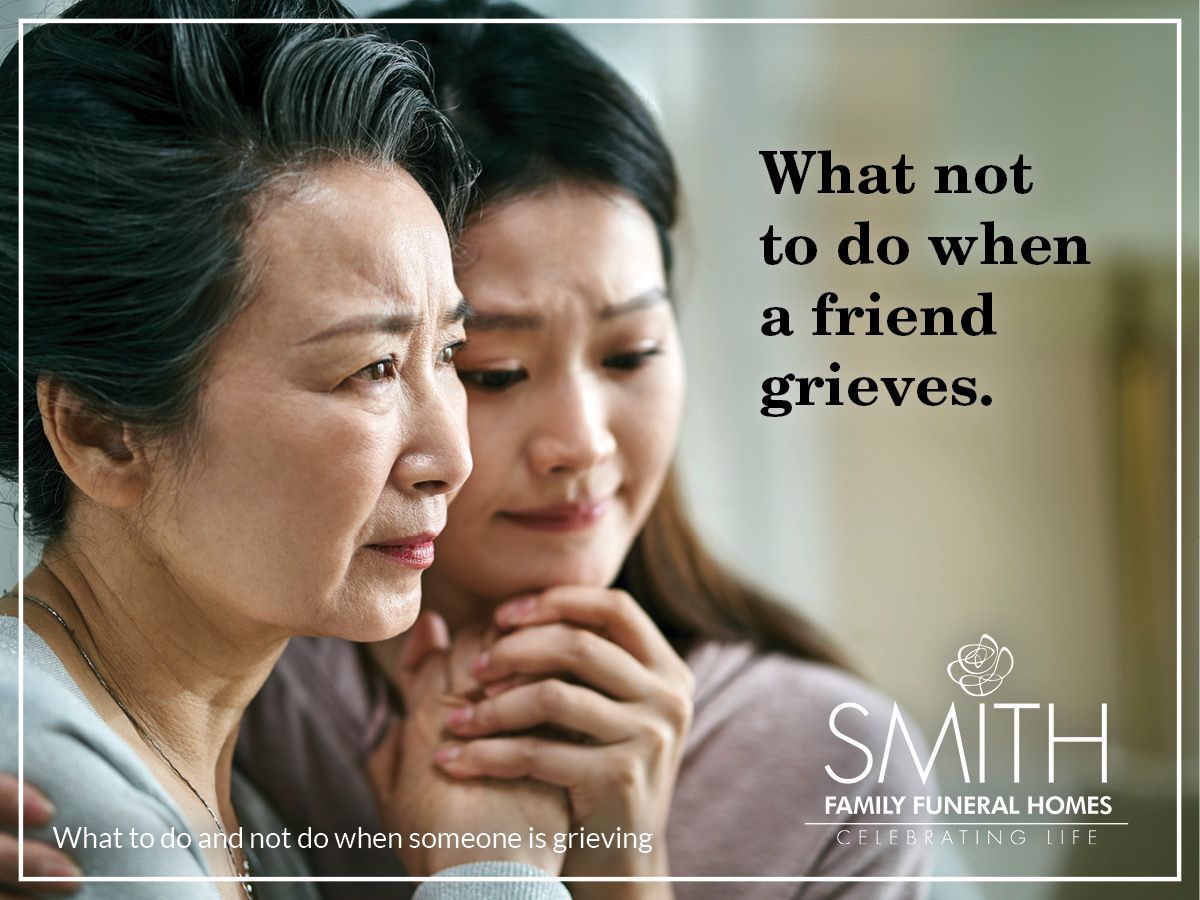
When a loved one dies, posting an obituary is an essential part of the funeral planning process. Obituaries tell community members when and where the funeral will be, but they also share just how special your loved one was with the world. But who writes obituaries? There are a few options and restrictions when an obituary is published.
Where do you publish an obituary?
When you work with a funeral home, it’s likely that you’ll be publishing an obituary to their website. Many funeral home websites share the obituaries of decedents they are serving. These obituaries are often free of charge, and they can also function as somewhat of an online memorial book. It’s common for funeral home websites to have a tribute wall, where family and friends can engage. There they can share memories or words of support, but it’s also where they can upload photos, which helps you when you’re looking to gather photos for the funeral. A funeral home obituary can also make it easy for your loved ones to order flowers or other items through the funeral home, ensuring that their gifts arrive in time for the ceremony.
For religious loved ones, you could also share their obituary on their church’s website or in local religious publications. If your loved one was well-known in their industry, you could contact industry publications to ask them to print the obituary. You can also share the obituary on social media to reach extended family and friends directly. Perhaps the easiest option is to write an obituary for the funeral home website and then share that directly on social media. That way, your family and friends will have the link to the funeral home’s location, donation services, and other important information.
We often think of obituaries as being associated with newspapers, but whereas an obituary on a funeral home website is free, writing one in a newspaper can get very expensive fast. Still, a newspaper obituary can allow you to reach members of your community who aren’t connected to you via social media. It’s up to you if you think the cost of publishing an obituary in a newspaper is worth reaching that additional audience.
Who should write the obituary?
Whether you’re taking out a newspaper obituary or just planning to share one on social media, you have a few options for how you want it written. Many funeral homes offer obituary writing services, which can take some stress off of family members. If you choose to have a funeral director write your loved one’s obituary, make sure that you provide them with enough information to paint a picture of who they really were. When a funeral director writes an obituary, they will need to rely on you to describe your loved one’s life.
Your other option would be to write the obituary yourself. Even if you don’t feel like much of a writer, writing an obituary is less about perfect words and more about telling the story of who your loved one was. The best obituaries tend not just to share a person's biographical information. They don’t tell the reader who they were; they show them through stories and memories. They demonstrate the decedent’s sense of humor, inquisitive mind, and other aspects of what made them unique. A funeral director would have a more challenging time writing those stories because they weren’t there. Even if you recount those memories to them, it can be difficult for a funeral director to truly understand and share your loved one’s voice.
If you’re hoping for an obituary where you tell your loved one’s story, you’re likely better off writing it yourself. But if it’s a more straightforward obituary, where you don’t have the space to go too in-depth, letting a funeral director write it can take some stress off your mind.
What should be in an obituary?
Newspapers generally have a character limit. If you’re taking out a newspaper obituary, you’ll likely have to keep it short and to the point. Expect to pay more if you end up going over the limit. For a shorter obituary, you should include:
● Your loved one’s full name
● Their age
● Their date and place of birth
● Their date and place of death
● Where they lived
● Their closest family members, including parents, spouses, and children
● When and where their funeral service will be held
● Information on where donations can be sent
You may find that all that information fills up the character limit, or you could have some space to go more into detail about their life. But since newspaper character limits are usually pretty strict, you may have to save all that background for an obituary you can share elsewhere. In addition to the above information, a more extended obituary can include:
● Your loved one’s profession
● Their hobbies
● Their education
● Their volunteer work
● Interesting tidbits about what made them unique
Funeral home websites generally don’t have as much of a set limit, so it’s up to you to determine how long you want your loved one’s obituary to be. You’ll have much more space to show readers just how special your loved one was than if you used a newspaper alone.
Whether you’re writing an in-depth obituary or a shorter, simpler one, you can choose to write it yourself or have a funeral home staff member write it for you. But if you do decide to have someone else write it, be sure that you provide the writer with not only plenty of background information but also stories that show who your loved one was.
Smith Family Funeral Homes provides quality funeral, memorial and cremation services to the families of Central Arkansas. Their six locations can be found in Little Rock, North Little Rock, Westbrook, Sherwood, Benton and Arkadelphia. With a privately-owned crematory operated by licensed professionals, Smith Family Funeral Homes can guarantee their high standard of care throughout the cremation process. To learn more, visit smithfamilycares.com.












